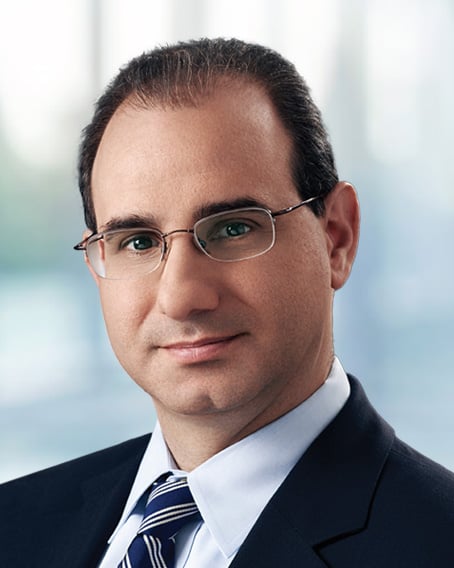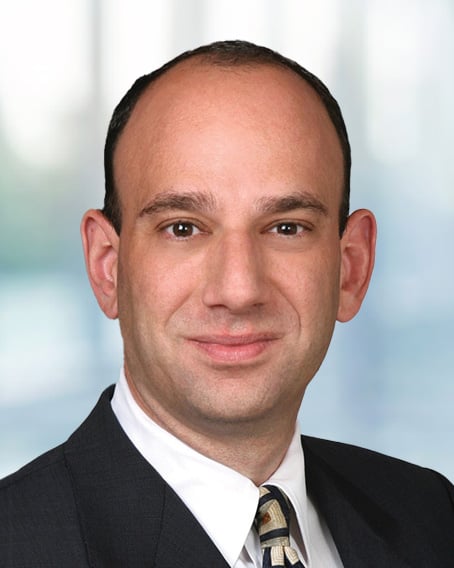On December 6, 2021, the U.S. Department of Justice (“DOJ”) announced a request for public comments on a new “Draft Policy Statement on Licensing Negotiations and Remedies for Standards-Essential Patents Subject to Voluntary F/RAND Commitments” (“Draft Statement”). The Draft Statement is a joint policy statement of the DOJ Antitrust Division, U.S. Patent and Trademark Office (“USPTO”), and National Institute of Standards and Technology (“NIST”), issued in response to President Biden’s July 9, 2021 Executive Order on Promoting Competition in the American Economy. Therein, the President encouraged the Attorney General and the Secretary of Commerce to consider whether to revise the joint DOJ-USPTO-NIST 2019 “Policy Statement on Remedies for Standards-Essential Patents Subject to Voluntary F/RAND Commitments” (“2019 Statement”), which, in turn, had replaced a withdrawn 2013 DOJ-USPTO joint policy statement by the same title (“2013 Statement”). All three statements address whether and under what circumstances the owners of standard essential patents (“SEPs”) who agree to license essential technology on fair, reasonable, and non-discriminatory (“FRAND”) terms should be entitled to injunctive relief. The Draft Statement signals a return to the general policy of the 2013 Statement, leaning against the availability of injunctive relief where certain implementers—so called “willing licensees”—agree to take licenses on FRAND terms. The Draft Statement does, however, set out various circumstances in which an implementer who is unwilling to take such a license could face injunctive remedies (or the possibility of enhanced damages for willful infringement).
In the 2013 Statement, the DOJ and USPTO had emphasized the risk of “patent hold-up,” in which a patent owner asserts the SEP and a threat of an injunction to exclude competition from the market or obtain a higher price than would otherwise be available. 2013 Statement at 4. To minimize this risk, the agencies concluded that “the public interest may preclude the issuance of an exclusion order” so long as the infringer agrees to a license on FRAND terms. Id. at 9.
In 2019, during the prior administration, however, the agencies expressly withdrew the 2013 Statement, and replaced it with the 2019 Statement, which expressed a concern about perceived “hold-out” behavior by implementers, and which appeared to be more open to the prospects of patent owners obtaining injunctive relief in certain situations. In particular, the 2019 Statement explained that “[a]ll remedies available under national law, including injunctive relief and adequate damages, should be available for infringement of standards-essential patents subject to a F/RAND commitment.” 2019 Statement at 4–5. The 2019 Statement also explicitly rejected “a special set of legal rules that limit remedies for infringement of standards-essential patents subject to a F/RAND commitment.” Id. at 6.
The Draft Statement, which states that it seeks to encourage good-faith licensing by both SEP holders and potential licensees, Draft Statement at 5–6, largely echoes the 2013 Statement—at least for situations where negotiations fail and parties seek judicial remedies. In particular, the 2013 Statement notes that, “[w]here a SEP holder has made a voluntary F/RAND commitment, the eBay factors, including the irreparable harm analysis, balance of harms, and the public interest generally militate against an injunction.” Id. at 9. In setting forth that position, the Draft Statement presents a balanced overview of the SEP licensing environment, describing the negative effects of both “hold-up” and “hold-out” conduct.
The DOJ now seeks comments, including through responses to 11 enumerated questions, on the Draft Statement. Among other things, these questions seek information about specific experiences with SEP licensing negotiations and the impact of injunctive threats on those negotiations. For example, Question No. 4 asks whether, “[i]n your experience, has the possibility of injunctive relief been a significant factor in negotiations over SEPs subject to a voluntary F/RAND commitment? If so, how often have you experienced this?” The DOJ also seeks information on the effect of its own policy statements, such as in Question No. 10: “Have prior executive branch policy statements on SEPs been used by courts, other authorities, or in licensing negotiations? If so, what effect has the use of those statements had on the licensing process, outcomes, or resolutions?”
Ultimately, the Draft Statement suggests that the authoring agencies may be favoring a return to a policy akin to the one expressed in the 2013 Statement, in which injunctive relief for FRAND-encumbered SEPs is more difficult to obtain than it is for other patents, provided that implementers signal willingness to take licenses on FRAND terms. SEP holders, as well as those who wish to practice technology covered by SEPs, should be mindful of this Draft Statement and, if adopted, its effect on licensing negotiations, remedies, and potential foreshadowing of future SEP-related enforcement activity from the Biden Administration.
Authors
Stay Up To Date with Ropes & Gray
Ropes & Gray attorneys provide timely analysis on legal developments, court decisions and changes in legislation and regulations.
Stay in the loop with all things Ropes & Gray, and find out more about our people, culture, initiatives and everything that’s happening.
We regularly notify our clients and contacts of significant legal developments, news, webinars and teleconferences that affect their industries.






